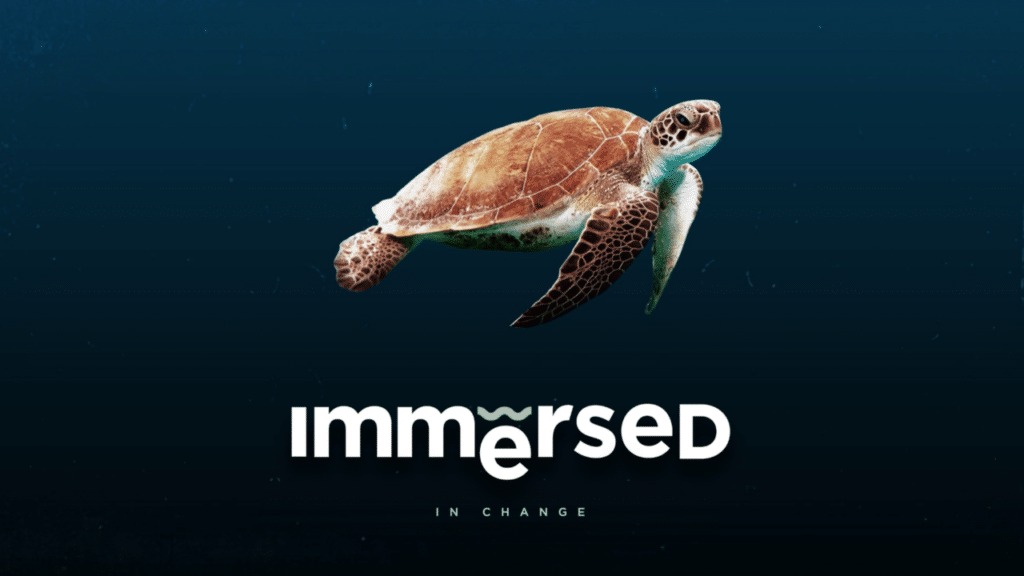
1. Highlights from International Ocean Day Celebrations
Malibu, California – International Ocean Day, celebrated globally, highlights the significance of oceans, which cover over 70% of Earth’s surface and are crucial for climate regulation, livelihoods, and marine ecosystems. Events included beach cleanups and social media campaigns raising awareness. High-profile ceremonies, like the UN event in New York and “Immersed in Change” in Costa Rica, featured discussions on Sustainable Development Goals (SDGs). The emphasis was on moving from awareness to tangible actions for ocean conservation. The upcoming SDG #14 meeting in New York will focus on life below water.
Editorial Note: Many stories published this week were strategically timed to coincide with International Ocean Day. Organizations and individuals took advantage of this globally recognized event to make significant announcements and raise awareness about ocean conservation issues, utilizing the day’s heightened focus on marine environments to amplify their messages.
Thank you for your generous gift that will help us continue the production of this weekly, free publication
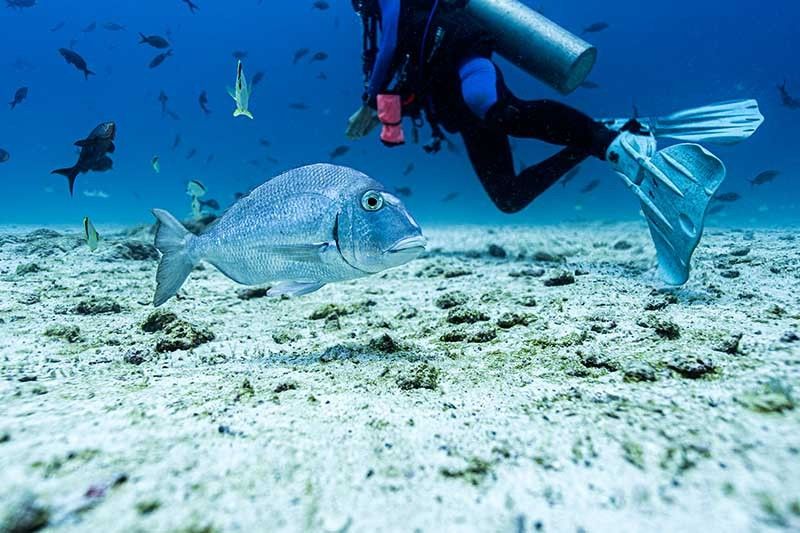
2. Costa Rica Declares Peace With the Ocean in Groundbreaking Initiative
SAN JOSE, Costa Rica – The forum on ocean protection, “Immersed in Change,” held in Costa Rica as a prelude to a crucial UN meeting in France in 2025, will culminate this Saturday with a “declaration of peace for the ocean,” organizers reported. The primary concerns are plastic pollution, water contamination, unsustainable fishing, ocean acidification, global warming, and deep-sea mining.
This initiative from Costa Rica, which is non-binding, will serve as a framework text to continue discussions and commitments at the III United Nations Ocean Conference (UNOC), scheduled for June 2025 in Nice. Currently, only about 1% of the high seas are under conservation measures, and the critical tool of the pact is the creation of marine protected areas in these waters. The forum addressed governance, global warming, fishing, and marine biodiversity to aid decision-making in France.
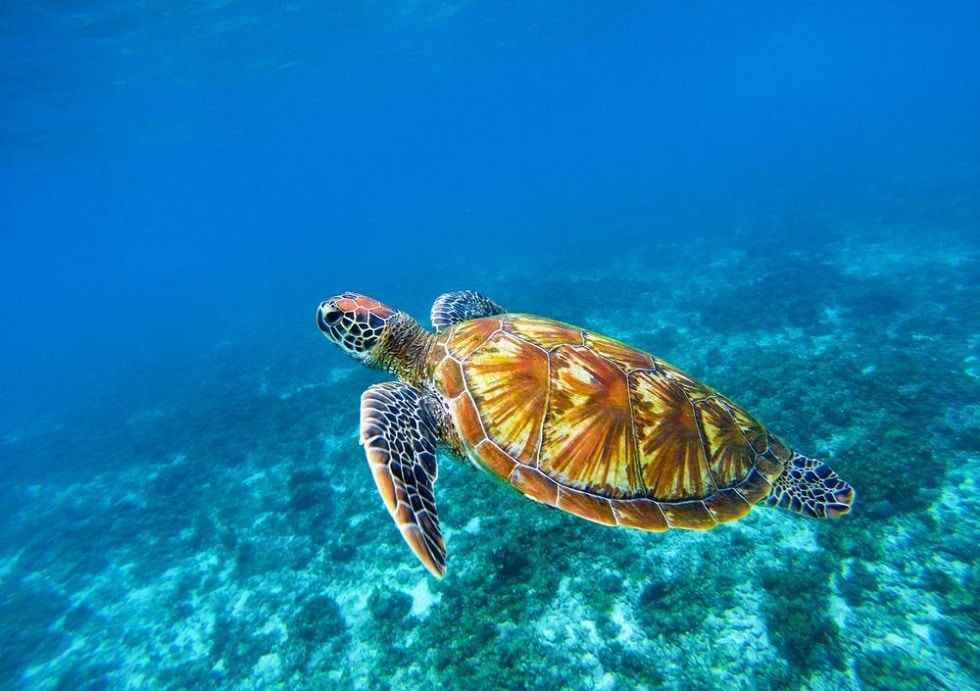
3. Oceanic ‘Peace’ Pact Signed in Costa Rica Ahead of 2025 UN Talks
SAN JOSE, Costa Rica — Over two dozen countries signed a wishful “declaration of peace with the ocean” on Saturday in Costa Rica as a multi-day meeting to prepare for a major UN conference next year wrapped up. Among the signatories were Germany, Spain, Sweden, Canada, Colombia, Chile, Israel, and South Korea, as well as Costa Rica and France, co-hosts of the third UN Ocean Conference to be held next June. The peace declaration includes a call for twelve “Ocean Actions,” notably the implementation of several ocean-related international accords agreed to last year.
Those include a landmark high seas treaty allowing marine protected areas outside countries’ exclusive economic zones. “We are committed to scaling up transformative ocean actions to support nature-positive economies based on the best available science and scientific information, traditional knowledge, and innovation,” the declaration said.
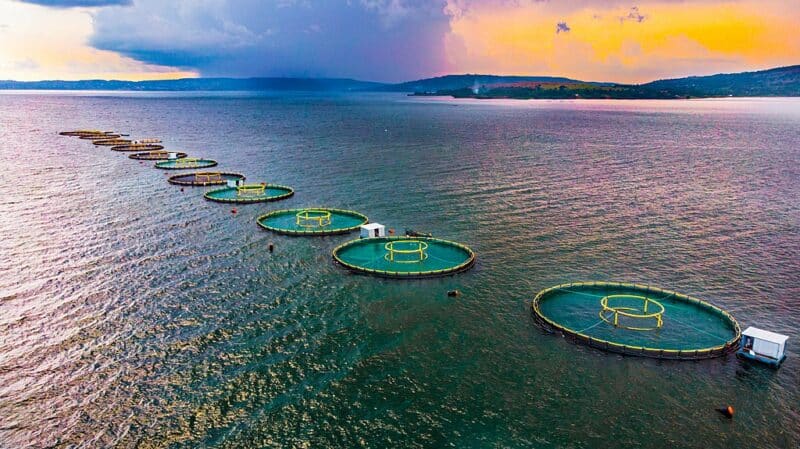
4. How Can Sustainability in Fisheries Be Better Enforced and Regulated?
A commentary by Darian McBain – Human activity is further damaging the ocean ecosystem through climate change. The oceans, one of the primary regulators of global temperature and rainfall and a carbon sink, are experiencing their highest temperatures since records began.
These issues are recognized by UN Sustainable Development Goal (SDG) 14, ‘Life Below Water,’ which explicitly references the need to “conserve and sustainably use the oceans, seas and marine resources for sustainable development.” None of the targets under SDG 14 are currently being met, and they remain underfunded and underachieved.
What needs to be done to make fisheries more sustainable and protect the oceans now and for future generations? You know what to do…Click the Link!

5. UN Chief Urges International Community to Save Oceans
UNITED NATIONS – UN Secretary-General Antonio Guterres called on the international community to take urgent action to save the troubled oceans. “The ocean sustains and enhances all life on Earth, but our ocean is in trouble.
And we only have ourselves to blame,” he said in a message for World Oceans Day, observed annually on June 8. Guterres described the Agreement under the United Nations Convention on the Law of the Sea for the “Conservation and Sustainable Use of Marine Biological Diversity of Areas Beyond National Jurisdiction,” adopted in June last year, as “the most significant new treaty on ocean governance in decades.”
Noting the critical opportunities of this year’s Summit of the Future and next year’s UN Oceans Conference in France, Guterres called on governments, businesses, investors, scientists, and communities to “commit to action that can restore and protect our precious marine and coastal ecosystems.”
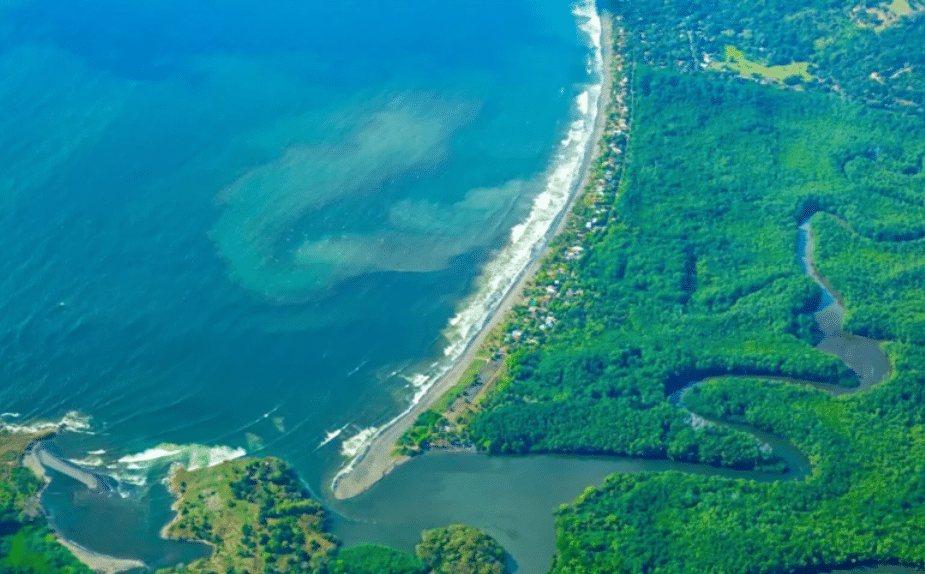
6. Source to Save the Ocean: Coordinated Action to Achieve Sustainable Development Goal 14 (SDG 14) “Life Below Water”
SIWI Conference Session – Source-to-sea management is a holistic approach that recognizes the environmental, economic, and social linkages between land, freshwater, coastal and marine ecosystems. In this session, high-level experts will share their lessons learned in breaking down the silos that separate terrestrial, freshwater, coastal, and ocean actors and in taking coordinated action that benefits the entire source-to-sea system.
Barriers to cross-sectoral policymaking and finance will be discussed, as well as challenges to the science-based understanding of source-to-sea linkages that can support these. Additionally, the diverse group of experts will address how source-to-sea can accelerate achieving SDG14 by leveraging its connections with other SDGs. The aim is to mainstream source-to-sea system thinking in governance and management frameworks to restore and protect the ocean.
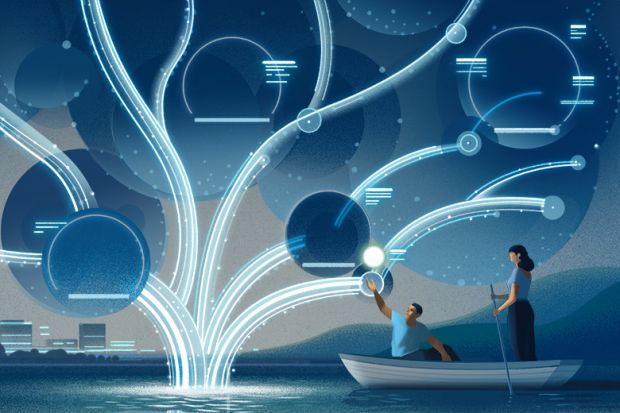
7. Life Below Water (SDG 14) Methodology and Performance Tables Assessing Universities Against the United Nations’ Sustainable Development Goals
The Times Higher Education Impact Rankings are the only global performance tables that assess universities against the United Nations’ Sustainable Development Goals. They use carefully calibrated indicators to provide comprehensive and balanced comparisons across four broad areas: research, stewardship, outreach, and teaching.
Want to see how they arrived at the results? Click the Links!
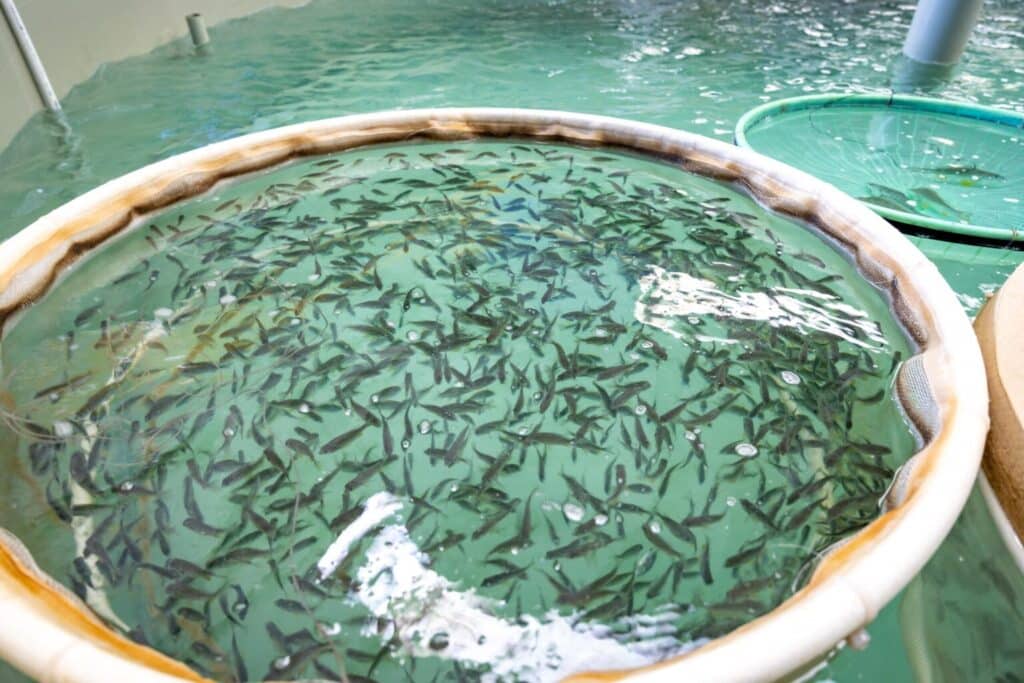
8. UN Report: Aquaculture Overtakes Wild Fisheries for First Time
SAN JOSE, Costa Rica — Aquaculture is playing an increasingly important role in meeting the world’s food needs, surpassing wild fisheries in aquatic animal production for the first time, according to a recently released report. “Because of their great diversity and capacity to supply ecosystem services and sustain healthy diets, aquatic food systems represent a viable and effective solution that offers greater opportunities to improve global food security and nutrition,” the United Nations’s Food and Agriculture Organization said.
In 2022, aquaculture yielded 94.4 million tonnes of aquatic animal production — 51% of the total and 57% of production destined for human consumption. While wild fisheries production has remained unchanged for decades, aquaculture has increased by 6.6% since 2020. Despite this growth, the sector faces significant challenges from climate change and disasters, water scarcity, pollution, biodiversity loss, and other man-made impacts.
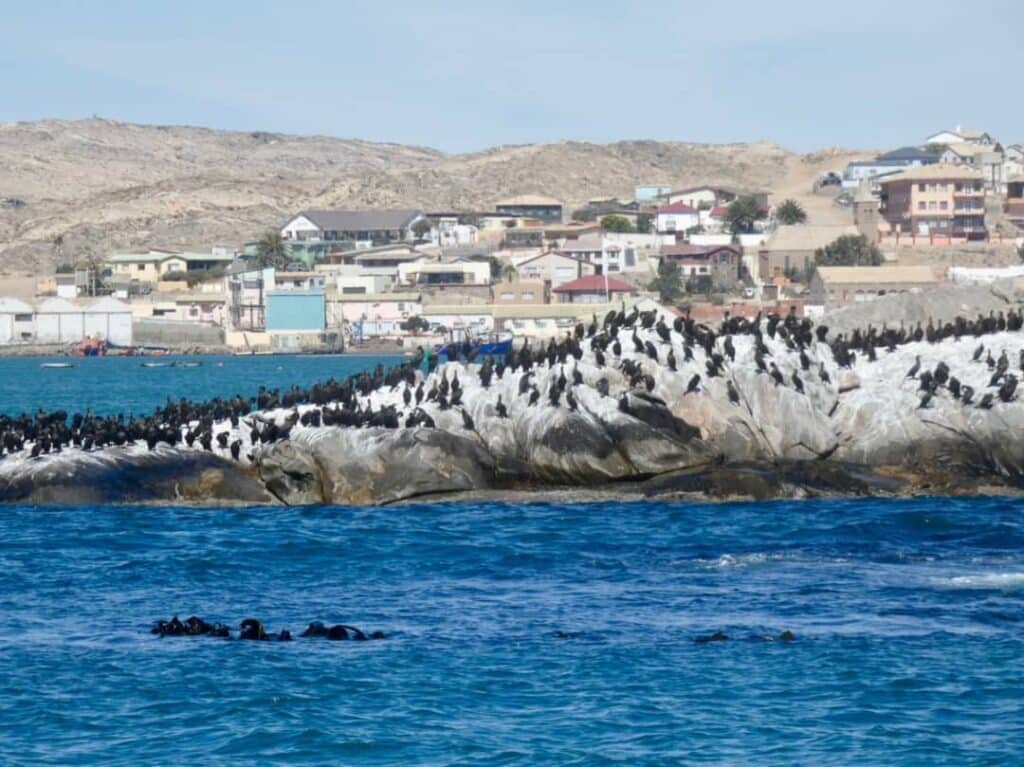
9. Namibia Government Pledges Sustainable Ocean Management
Republic of Namibia, South Africa – “The conservation of Namibia’s oceans plays a crucial role in our nation’s development and economic growth,” says the minister of environment, forestry, and tourism, Pohamba Shifeta. Speaking at the commemoration of World Oceans Day on 8 June, Shifeta said Namibia reaps essential benefits from its oceans, such as fisheries, marine transportation, diamond mining, tourism, and influence on weather patterns. Therefore, sustainable management of these resources is crucial for food security and employment.
Despite having Africa’s most extensive network of protected coastal areas, challenges like pollution, a lack of funding, and climate change impacts continue, Shifeta said. The ministry restated its commitment to conserving marine life, enforcing regulations, and promoting public awareness to ensure the health of aquatic environments. Essential actions include updating laws, securing funding for climate research, transforming significant areas into marine protected areas, and implementing marine spatial plans.
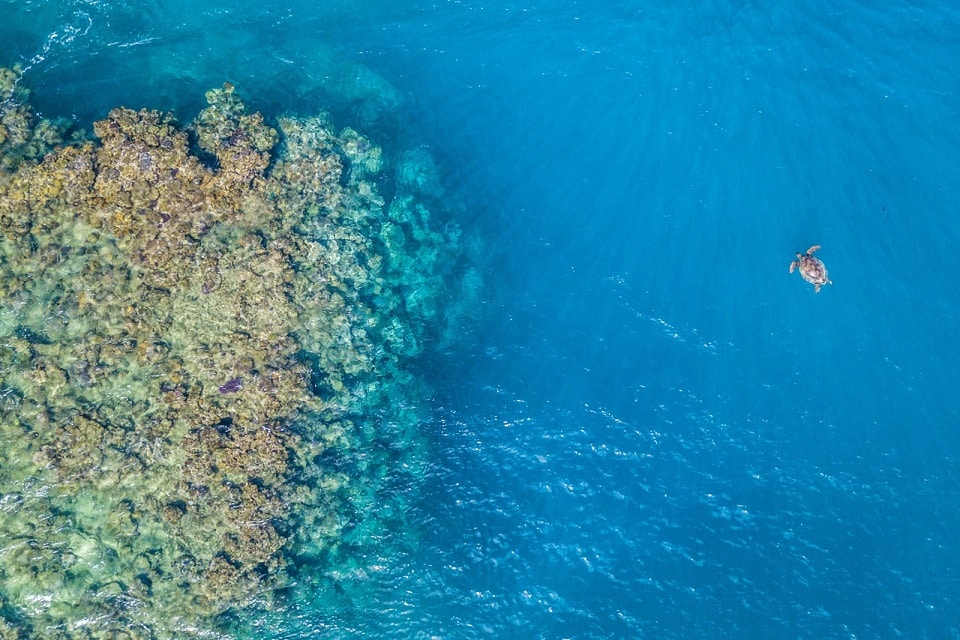
10. Awakening New Depths for Sustainable Ocean Management
This year’s World Oceans Day theme, “Awaken New Depths,” calls for deeper understanding, compassion, collaboration, and commitment to protecting the ocean.With its 550-kilometer coastline, Ghana relies heavily on the fisheries sector, which employs about 20% of the labor force. However, illegal, unreported, and unregulated fishing, plastic pollution, and climate change threaten the balance of the ocean’s ecosystems.
As a High-Level Panel for a Sustainable Ocean Economy member, Ghana has committed to sustainably managing 100% of the ocean area under its national jurisdiction by 2025. Additionally, Ghana held its first National Blue Economy Summit, supported by UNDP Ghana and other partners, will raise national awareness about the importance of ocean action in achieving the Sustainable Development Goals and engage key stakeholders to mobilize action for sustainable management of national waters.
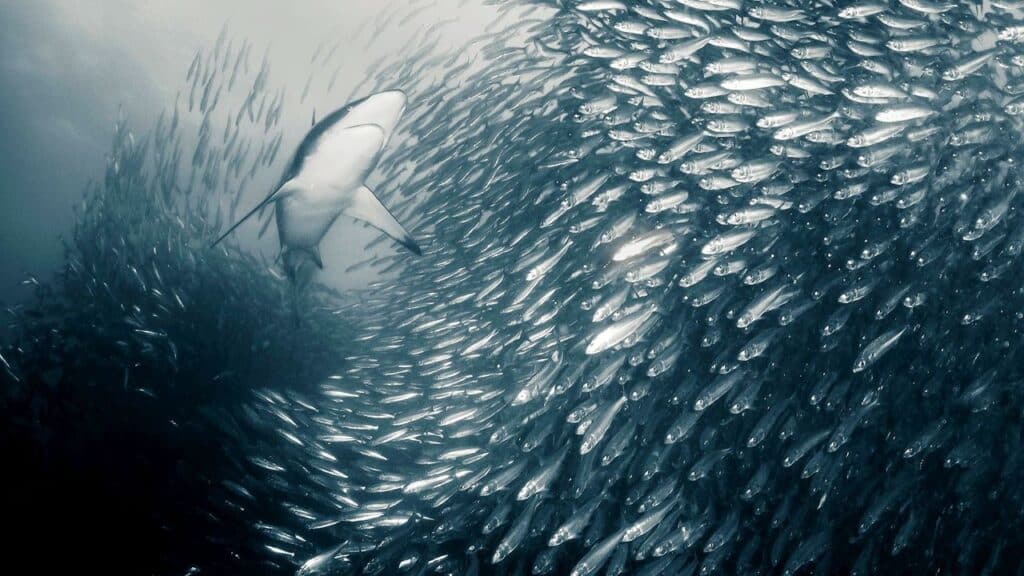
11. How South Africa’s Sardine Run Is Changing – Spoiler Alert – “This Could Be the End, My Friend”
South Africa – Following cool nutrient-rich currents, sardines embark on their annual migration from Cape Agulhas to Kwazulu-Natal – one, in terms of biomass, thought to rival the great herds of the Serengeti. Most animal migrations benefit the species involved, to winter in warmer climes or to return to a suitable place to lay their eggs, but the South African “sardine run” ends in disaster for most of the fish.
These cold-water sardines are trapped in a subtropical habitat, too hot to survive. The epic thousand-kilometer journey of this little fish ends in an “ecological trap,” – making the sardine run a rare example of a mass migration that has no apparent benefits for the species’ survival. Overfishing and warming oceans are causing sardine stocks to collapse, and the world-famous sardine run could end within a few decades.
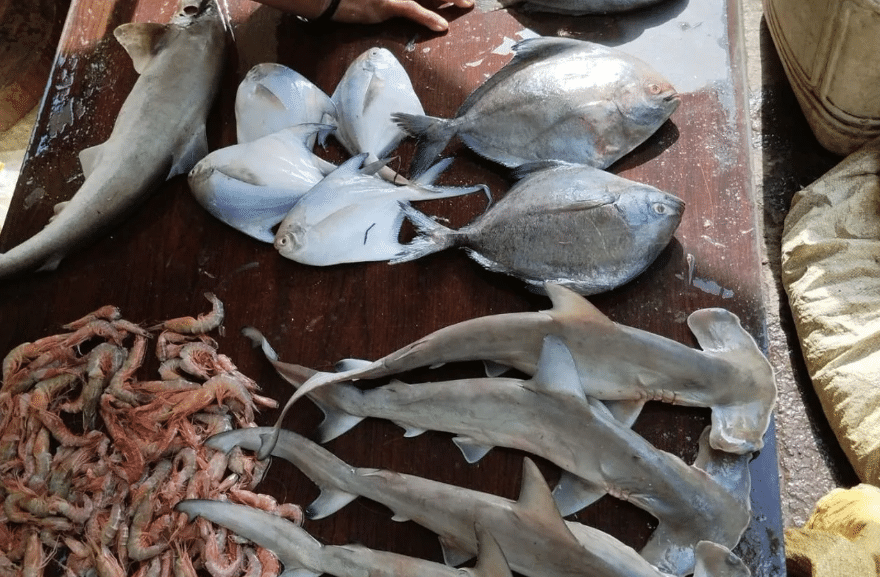
12. Endangered Hammerhead Sharks Illegally Sold in Mumbai Fish Market
MUMBAI, India – Disturbing images from a fish market in Mumbai have raised alarm about the illegal sale of critically endangered shark species in India. The photos shared on social media by teenage climate activist Licypriya Kangujam show the flattened hammerhead shapes of scalloped hammerhead sharks (Sphyrna lewini) openly displayed for sale. According to the International Union for Conservation of Nature (IUCN), the scalloped hammerhead is critically endangered.
Its global population has declined by over 80% in the last 50 years due to excessive fishing from industrial longline operations and the shark fin trade. Conservationists warn that the open sale of critically endangered species like hammerheads could lead to extinction. Global shark populations are crashing due to the lucrative fin trade supplying the highly valued shark fin soup markets.
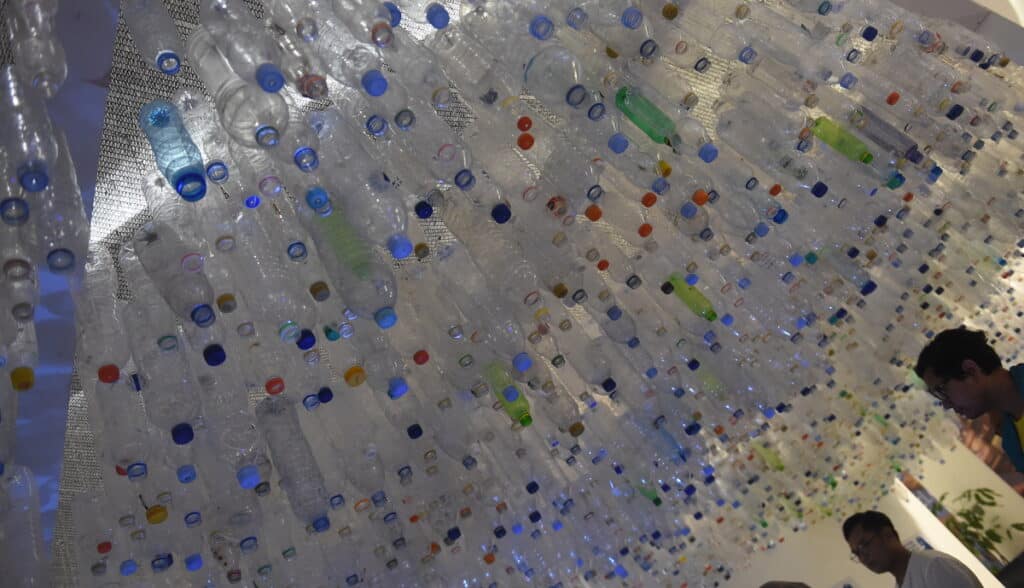
13. Microplastics Found in Human Sperm, Linked to Reduced Fertility
JAKARTA, Indonesia – Public health researchers in China have found microplastics in sperm samples from healthy adult men, indicating a correlation between microplastics and fertility rates. The study, conducted in Jinan, found that microplastics were present in every sample and were found in eight types of plastic, with polystyrene being the most common. The study highlights the need for further research on the impact of microplastics on reproduction and how it occurs.
Previous research has shown that microplastic pollution has contaminated all parts of the earth, including mountain peaks, remote islands, the upper atmosphere, and ocean depths. Southeast Asian countries, such as Indonesia, Malaysia, and the Philippines, top the list of global per capita microplastic consumption. Researchers note that plastic can enter the body through various means, making it almost impossible for the community to avoid consuming plastic.
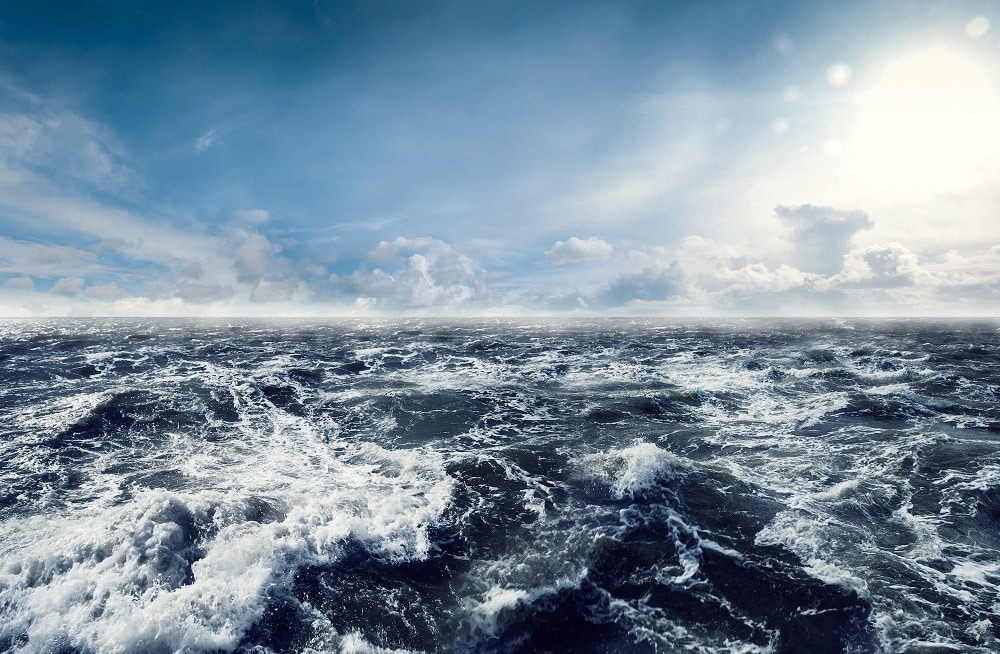
14. Mariana Trench Marine National Monument Management Plan Published
The Mariana Trench—The Friends of the Mariana Trench, a dedicated group of advocates for the protection of one of the world’s most iconic natural wonders, extends its heartfelt thanks to all involved in the successful publication of the Mariana Trench Marine National Monument management plan. This comprehensive management plan, published on June 6, 2024, represents a significant milestone in the collaborative effort to safeguard the Mariana Trench Marine National Monument’s natural, cultural, and historical resources.
The plan outlines a strategic framework for the next 15 years, focusing on conservation, research, and education to foster a deeper connection between the public and this unique marine ecosystem. The publication of this management plan is a testament to the power of partnership and public engagement in achieving conservation goals.

15. Call to Minimize Marine Pollution
South Africa’s Forestry, Fisheries, and Environment Minister, Barbara Creecy, called for citizens to adopt practices to reduce marine pollution. As South Africa celebrates World Oceans Day (WOD) under the theme ‘Awaken New Depths,’ the country recognizes the importance of oceans in shaping socio-economic realities and environmental sustainability. “The theme encapsulates our commitment to explore and harness the immense potential of our oceans. Through concerted efforts, we aim to enhance our understanding of marine environments and promote sustainable use for the benefit of current and future generations,” Creecy said.
With an Exclusive Economic Zone (EEZ) extending 200 nautical miles into the ocean, South Africa has a vast maritime area of 1.5 million square kilometers. However, much of the world’s oceans remain unexplored, highlighting the need for increased awareness and conservation efforts. South African scientists are working to study extreme weather events to mitigate future impacts.
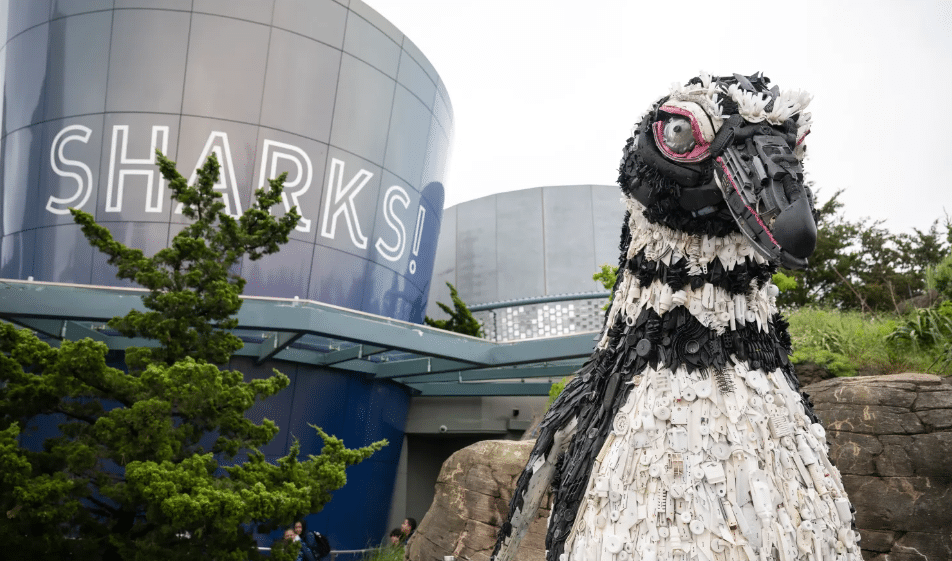
16. The Washed Ashore Exhibit Arrives at Brooklyn Aquarium
New York – The New York Aquarium’s latest exhibit highlights the dangers of ocean plastics. The traveling art exhibition features 35 animal sculptures made entirely from repurposed plastic and ocean debris. The exhibition aims to give aquarium-goers a deeper understanding of how their actions can protect marine life and preserve the ocean for years.
The visitors can learn about the dangers of ocean plastics and what the New York Aquarium is doing to help around the world, especially in New York City. Sculptures include Maggie and Charlotte, the Adelie Penguins, Chompers, the Tiger Shark, Angus, the Longhorn Cowfish, and Gertrude, the African Penguin.
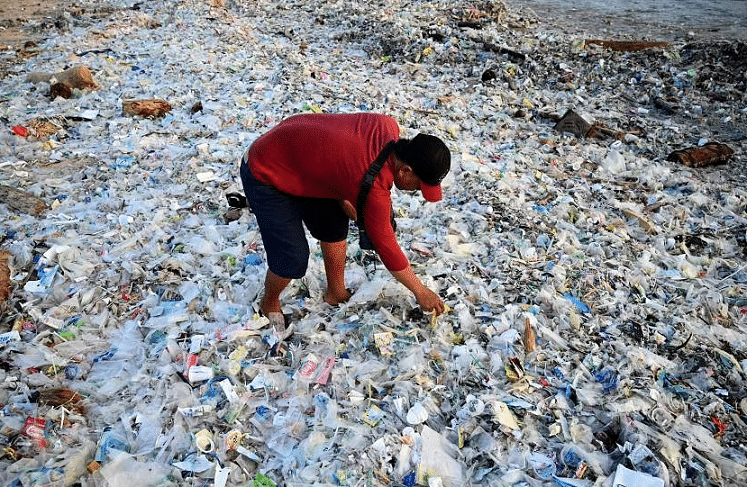
17. Micorplastic Consumption Has Increased in Fast-Growing Developing Countries
Southeast Asian countries such as Malaysia, Indonesia, and the Philippines ingest the most microplastics among 109 countries, according to a study by Cornell University researchers. Using existing data models, the study found that Indonesians’ daily consumption of microplastics increased by 59 times from 1990 to 2018. Industrialization in developing economies has led to increased consumption of plastic materials, waste generation, and human microplastic uptake.
Most plastic particles come from aquatic sources such as fish and seafood. Microplastics are commonly ingested by pytoplankton and zooplankton, which fish and aquatic animals feed on. And people are indirectly ingesting plastic when eating seafood. Microplastics are now an environmental issue, plaguing even the deepest parts of the ocean and the world’s highest mountain. They are also a growing health issue. Singapore is closely monitoring international discussions and scientific studies on microplastics and nanoplastics.
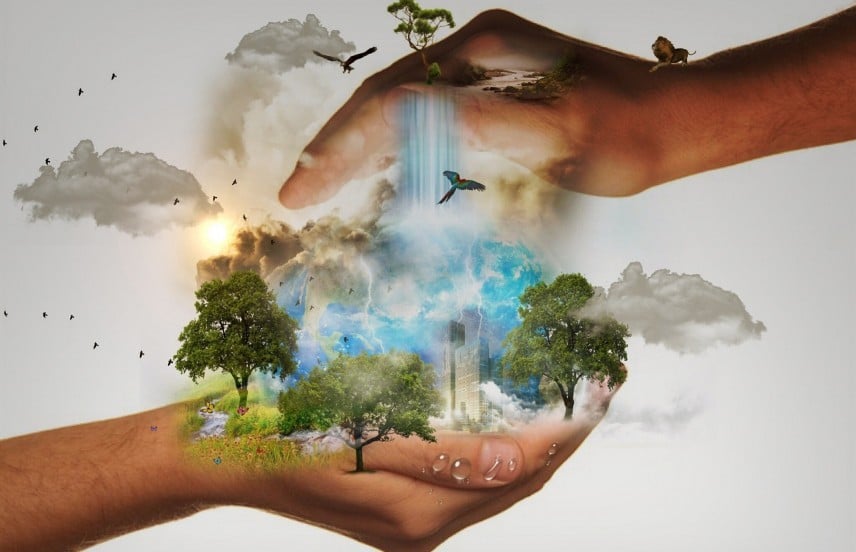
18. A Call to Take Decisive Action to Protect and Restore the Ecosystem
Dominica – As Dominica celebrated ‘World Oceans Day’ today (June 8), Minister of State in the Ministry of Agriculture, Fisheries, Blue and Green Economy, Jullan Defoe urged the public to protect the ecosystem. “As we join the rest of the world in celebrating the beauty and wonder of our oceans, we cannot ignore the challenges we face,” he said. He said the nation has made significant progress in protecting its marine space and resources.
The Government of Dominica has taken decisive action, including accession to the United Nations Food and Agriculture agreement and court-state measures to combat illegal, unregulated, unreported fishing in 2016. Defoe pointed out that in 2019, Dominica banned single-use plastic. In November 2023, Dominica announced the establishment of the world’s first sperm whale reserve.
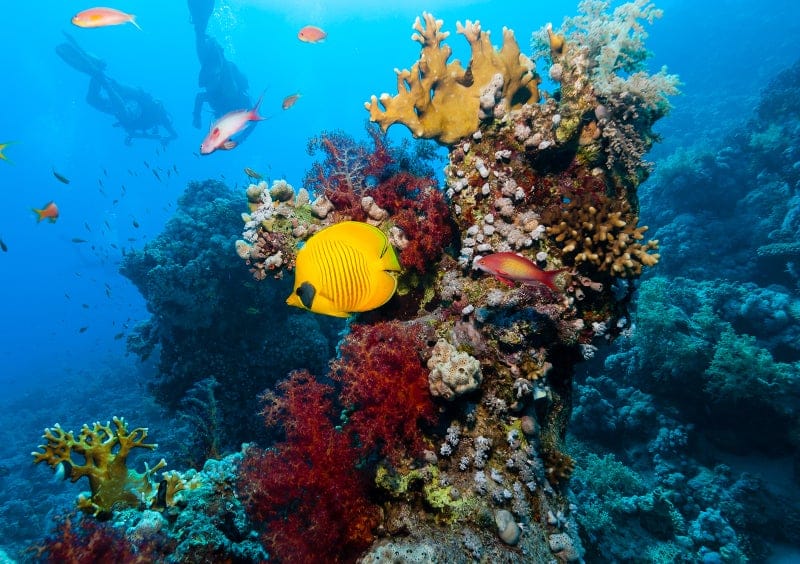
19. Groundbreaking Genome Work Done on Coral Reefs
BioQuest has completed the first genome sequencing of a coral reef in the Caribbean region. The non-governmental organization, run by the research firm CariGenetics, celebrated World Ocean Day with the official completion of the draft reference genome of the Grooved Brain Coral.
The groundbreaking work was conducted in Bermuda in collaboration with the Two Frontiers Project, ASU Bermuda Institute of Ocean Sciences, and Oxford Nanopore Technologies’ Org.One. In phase one of the project, the team went from sampling to coral microbiome analysis within 72 hours, with all work done by Bermudians in Bermuda.
For phase two of the project, BioQuest sequenced the whole genome of the coral. Carika Weldon, director of research for BioQuest, said, “Completing this project without having to send any samples away is a testament to the incredible dedication and expertise of our team.”
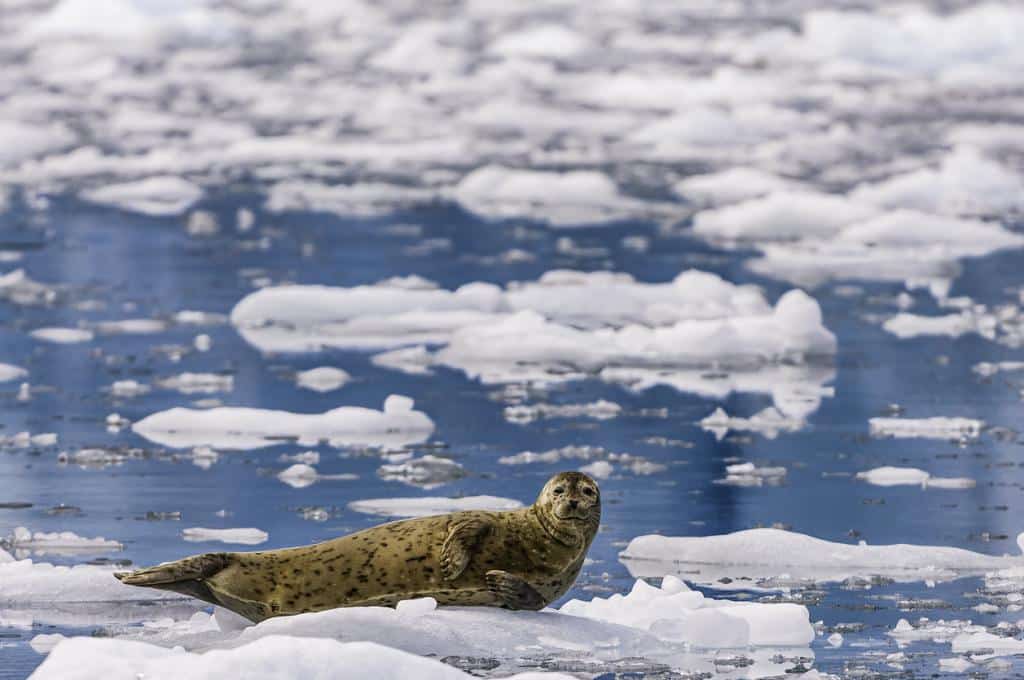
20. Scientists and Indigenous Leaders Team Up to Conserve Seals and an Ancestral Way of Life at Yakutat, Alaska
YAKUTAT, Alaska—Five hundred years ago, in a mountain-rimmed ocean fjord in southeast Alaska, Tlingit hunters armed with bone-tipped harpoons eased their canoes through chunks of floating ice, stalking seals near Sít Tlein (Hubbard) glacier. They asked the harbor seals, or “tsaa,” to give themselves as food for the people and talked to the spirit of Sít Tlein to release the animals from his care.
Fast-forward to today, and the community faces a crisis: the dramatic decline of the Gulf of Alaska seal population due to commercial hunting in the mid-20th century and the failure of the animals to recover because of warming ocean waters. Residents are turning to traditional ecological knowledge and ancestral conservation practices to protect the seals and their way of life.
Want to see how? Click the link!
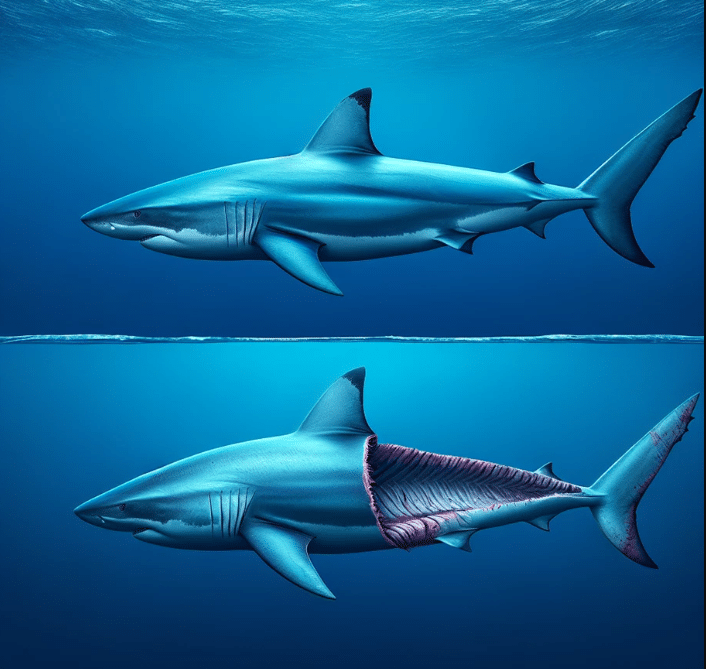
21. The Dark Side of Industrial Fishing: Shark Finning and Exploitative Practices in Developing Nations’ Waters
A new report by the global affairs think tank Overseas Development Institute (ODI) illuminates the extensive negative impacts of industrial fishing in the waters of Senegal, Ghana, Peru, Ecuador, and the Philippines. The investigation highlights how illegal shark finning and other unsustainable practices continue to plague these regions despite existing bans.
The report, based on data analysis and field studies, reveals that the fishing activities of large industrial fleets have substantial financial and social repercussions. The joint fishing activities of these fleets are equivalent to 0.26% of the combined GDP of the five countries, leading to the loss of over 30,000 jobs in the sector and pushing more than 140,000 people below the poverty line.
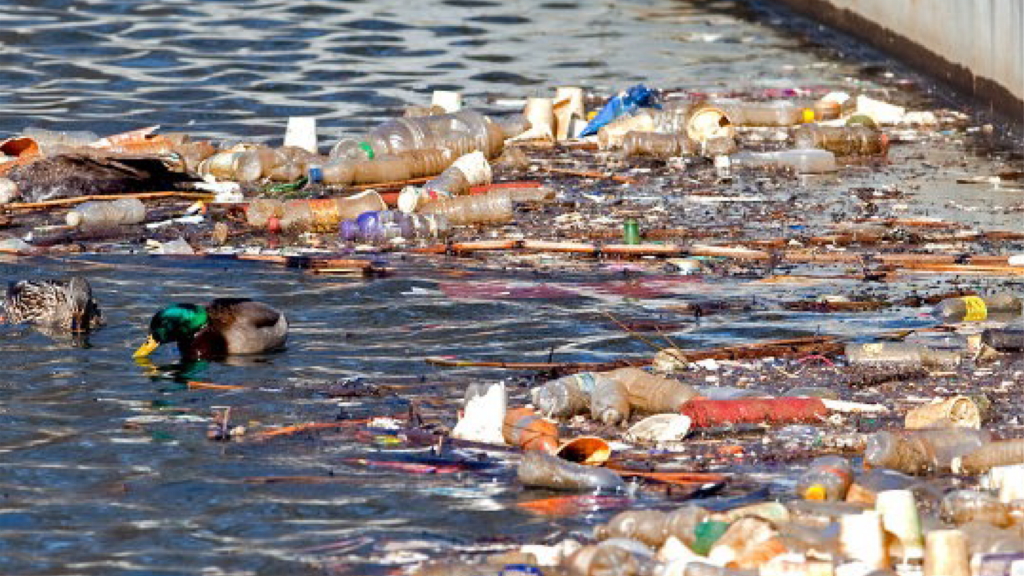
22. Bank Launches Environmental Sustainability Project
BRUNEI, Borneo—Cabinet ministers officiated Bank Islam Brunei Darussalam’s (BIBD) Projek Alam Mampan (Sustainable Nature Project) with a tree-planting ceremony. According to the bank, the project aims to address various aspects of environmental sustainability, aligned with the United Nations Sustainable Development Goals (SDGs). The project’s first initiative is’ 660 Roots to a Greener Future’, a tree-planting ceremony focused on SDG 15: Life on Land.
At the ceremony, 40 trees were planted at Taman Mahkota Jubli Emas to commemorate the country’s 40th National Day and the bank’s anniversary. According to the bank, the 660 Roots initiative will see trees planted across the four districts of Brunei Darussalam, in collaboration with Green Brunei. Projek Alam Mampan will also expand to include initiatives supporting World Ocean Day and exploring various coral restoration projects to align with SDG 14: Life Below Water.
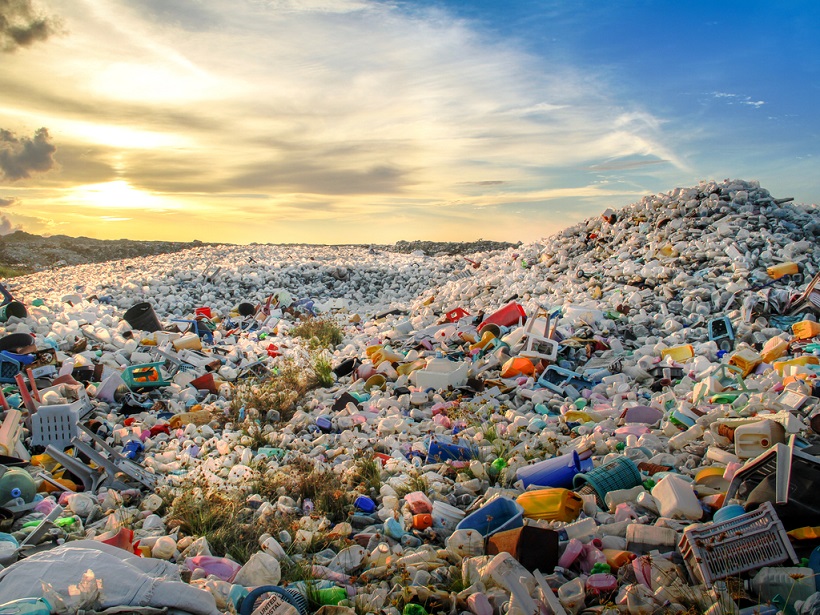
23. New York State Sues PepsiCo Over Plastic Pollution in Rivers
New York – Legal action has been launched against PepsiCo to hold the drinks giant partly responsible for litter in rivers supplying the city of Buffalo with drinking water. The lawsuit, filed in the state Supreme Court by Attorney General Letitia James, accuses the company and its Frito-Lay subsidiaries of creating a public nuisance by making a huge number of plastic bottles and wrappers, some of which inevitably fall or blow into the Buffalo River when they are discarded.
PepsiCo said in a statement that it was serious about “plastic reduction and effective recycling.” It did not directly comment on the lawsuit’s claim that it was legally responsible for keeping garbage out of the Buffalo River.
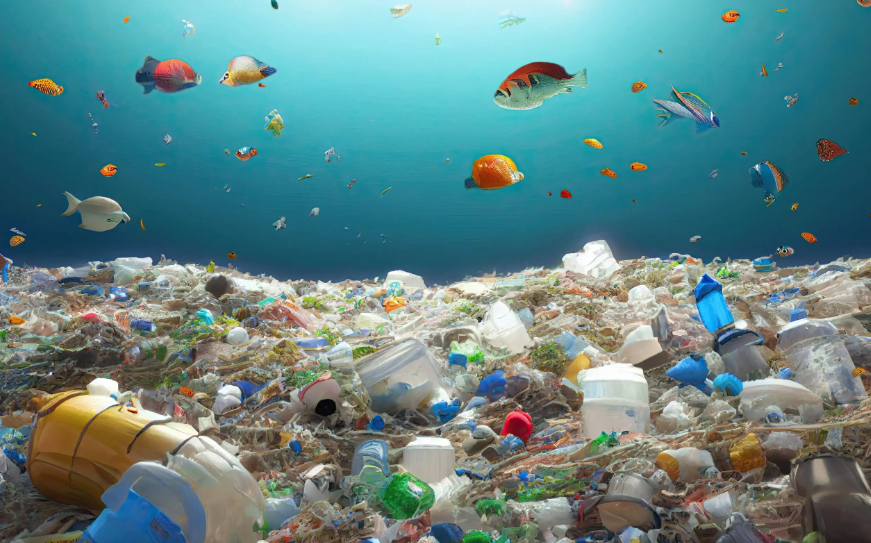
24. GSA Announces Final Rule on Single-Use Plastic
WASHINGTON — The General Services Administration (GSA) announced its final rule on reducing single-use plastic packaging. The GSA is the federal agency that oversees U.S. government buying.
With the GSA’s release of a narrow rule rather than an outright ban, environmental groups such as Oceana are calling on the Biden administration to move forward with additional policies to reduce single-use plastic packaging and products and to incentivize refillable and reusable alternatives. The finalized rule encourages government contractors to identify single-use plastic-free packaging for products supplied and purchased under those Federal Supply Schedule contracts, helping agency buyers find and select products that help them cut plastic waste in their supply chains.
The rule advances President Biden’s Federal Sustainability Plan by assisting agencies in taking action to reduce and phase out the purchase of single-use plastic products to the maximum extent practicable.




